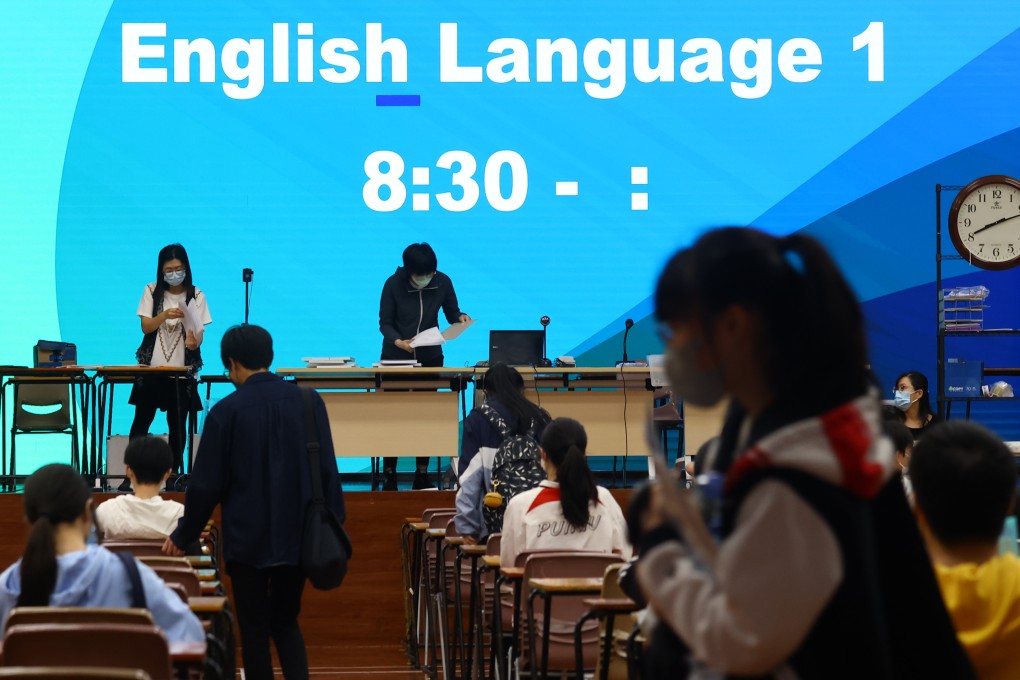Letters | Rethink Hong Kong institutions’ English programmes for the digital age
- Readers discuss a burgeoning market for practical English courses, the waste of staff time that is a meeting, and the low priority given to language in Hong Kong

Given Hong Kong’s status as an international business hub and the high demand for English proficiency across various sectors, both government-funded and self-funded tertiary institutions in the city have long offered English programmes.
However, a steady decline in student enrolment for traditional English programmes at several self-funded institutions has contributed to the phase-out of such courses.
Judging from a focus group interview I conducted with 15 senior secondary students, it appears that the primary distinctions between these new English courses and the traditional English degree programmes are content and duration.
The new courses tend to be shorter and place great emphasis on practical usage and digital communication, whereas the traditional programmes, which are not related to technology and are increasingly associated with the old economy, are losing their appeal among students.